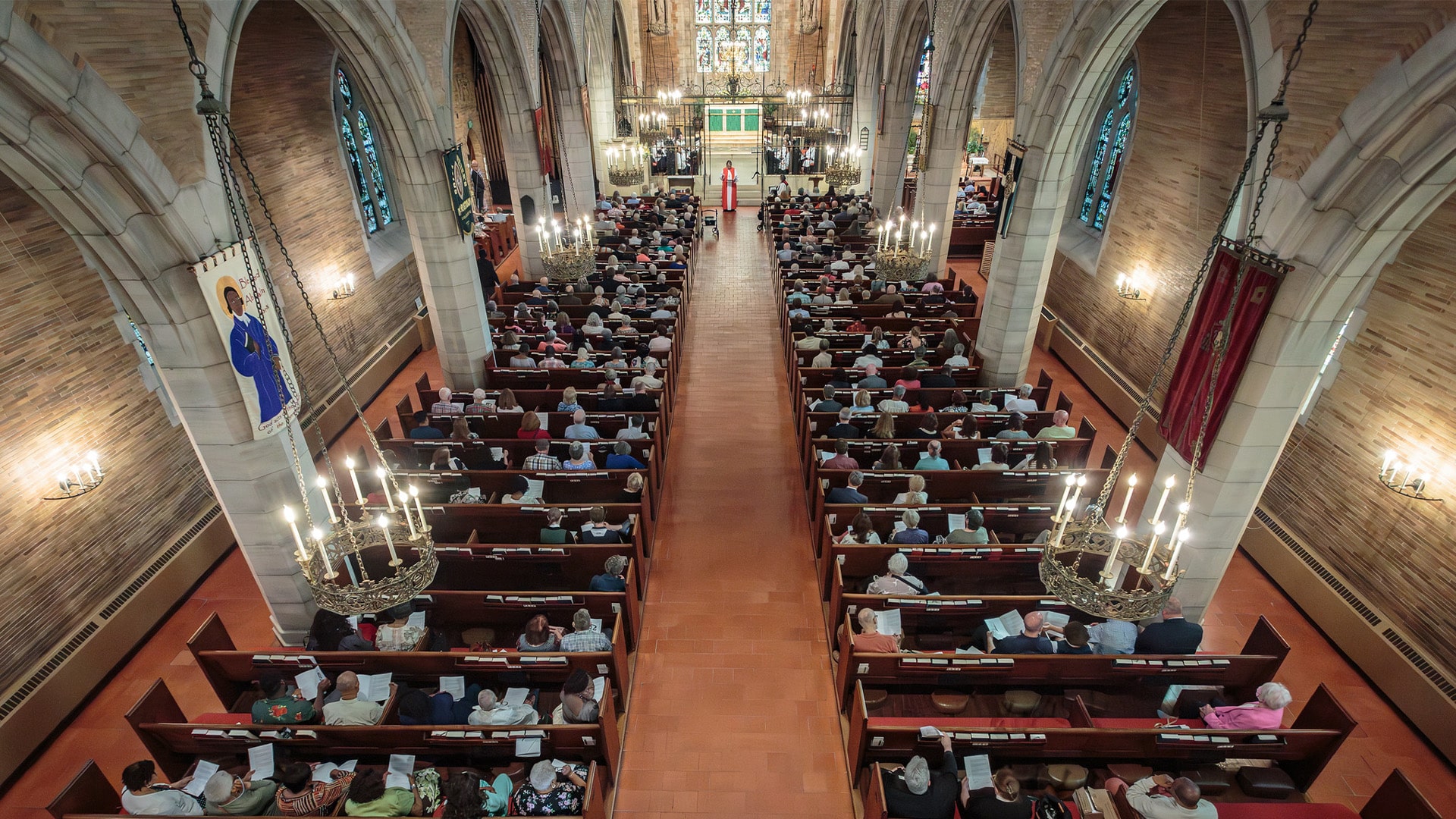The relationship between the Episcopal Church and the U.S. federal government has abruptly ended, a stunning move driven by a profound moral objection: the church will not participate in a program to resettle white Afrikaners from South Africa classified as refugees by the Trump administration. This decision, announced Monday, marks the end of a nearly four-decade partnership and reflects the church’s unwavering commitment to racial justice and reconciliation, particularly in light of its historic ties with the Anglican Church of Southern Africa and the legacy of Archbishop Desmond Tutu.
A Controversial Request
The request for resettlement stemmed from a February executive order issued by President Trump, declaring that “Afrikaners in South Africa who are victims of unjust racial discrimination” would be welcomed into the United States. Just as flights carrying these individuals were scheduled to arrive at Washington Dulles International Airport, the Episcopal Church announced its refusal.
“In light of our church’s steadfast commitment to racial justice and reconciliation and our historic ties with the Anglican Church of Southern Africa, we are not able to take this step,” stated Most Rev. Sean W. Rowe, the presiding bishop.
Beyond a Simple Refugee Program
This isn’t simply a matter of a stalled refugee program. The situation is layered with complex political and historical context. The church’s divestment from South Africa began in 1966, culminating in a vote in the mid-1980s to sever ties with companies operating in the apartheid nation. The decision underscores a long-standing commitment to opposing racial discrimination.
A Divided Response
The request for resettlement was supported by a coalition of white South African religious leaders, including Anglican priests, who argued that they were victims of “unjust racial discrimination.” However, the Episcopal Church’s stance has drawn criticism, with some arguing that the situation presents a unique opportunity to address religious persecution.
Frustration and Legal Battles
The abrupt halt to the refugee program has created a chaotic situation. Several faith-based refugee resettlement groups, including Church World Service and World Relief, have been left without funding and have been forced to lay off staff while attempting to support newly arrived refugees. Legal battles are ongoing, with groups accusing the administration of “delaying compliance” with court orders.
A Plea for a Broader Approach
Despite the challenges, World Relief and other groups are urging the administration to resume the traditional State Department initial resettlement process for a broader range of refugees fleeing persecution based on faith, political opinion, race, or other reasons outlined under U.S. law. They emphasize the need for a more inclusive approach, highlighting the support for doing so from evangelical Christians who see refugee resettlement as a vital tool to protect those denied religious freedom abroad.
The Future Remains Uncertain
As of now, Church World Service has agreed to support one family through remote services, but remains frustrated with the government’s actions. The situation highlights a critical juncture in U.S. refugee policy and raises fundamental questions about the nation’s commitment to protecting vulnerable populations worldwide.
Sourced from https://www.npr.org/
